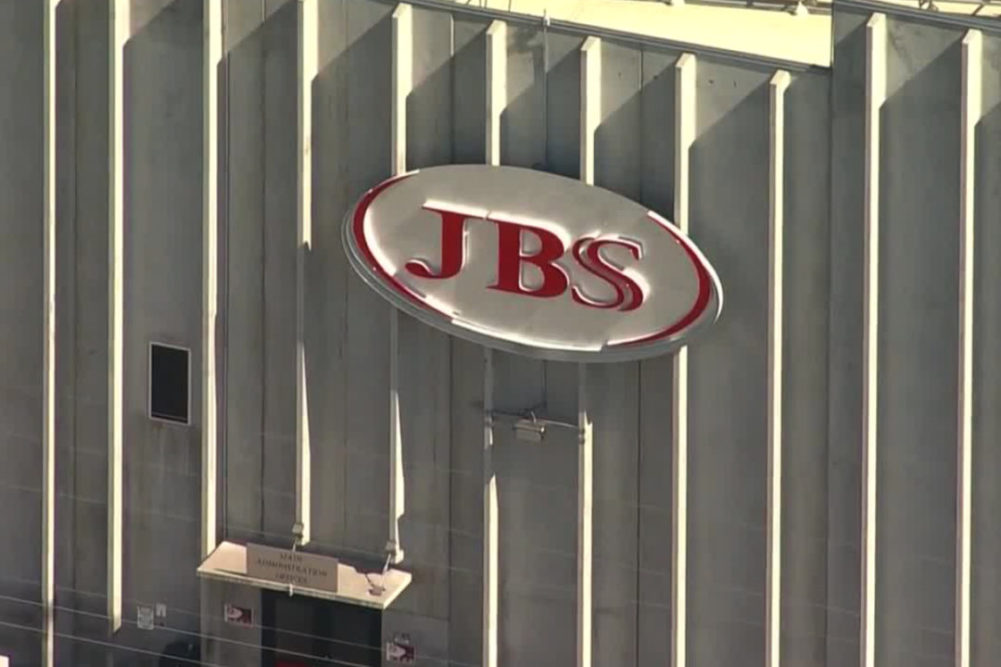GREELEY, COLO. – As part of its strategy to grow the US beef industry, JBS USA announced its $130 million investment to increase annual processing capacity at its plants in Grand Island and Omaha, Neb., by 300,000 head and a commitment to raise the pay rates at all nine of its US beef plants by a total of $150 million per year.
In Grand Island, the company expects construction to be completed later this summer on a project that includes a new slaughter floor and updated animal welfare facilities. At the Omaha plant, renovations include upgrading the fabrication area and expanding cooler space. The capital investments will benefit more than 1,100 cattle producers supplying the two facilities, the company said.
“At JBS USA, we recognize the importance and cultural significance of beef – from the men and women who raise cattle, to the front-line essential workers who process beef, to the families who enjoy a tender steak or hamburger as part of the family meal,” said Tim Schellpeper, president of JBS USA’s fed beef business. “Our longstanding commitment to the US beef industry and continued reinvestment in its success will help ensure that beef remains at the center of plates around the world for years to come.”
JBS said the average wage for hourly workers at the beef plants is over $22 per hour, including $150 million in annualized, permanent wage increases in the past year. And in March, the company began offering all of its 66,000 workers and their dependent children free college tuition for two years as part of its Better Futures program.
“We are proud to offer industry-leading wages and benefits to the men and women who make our business possible,” said Shannon Grassl, president of the JBS regional beef business. “At JBS USA, you can build a career, and you and your children can go to college for free.”
The company said the pay increases didn’t include the $71 million in incentives and non-permanent bonus payments paid to workers at its beef plants during the pandemic.
“By investing in both our industry and the talent that makes it run, we are confident that beef has a bright future,” Grassl said.


